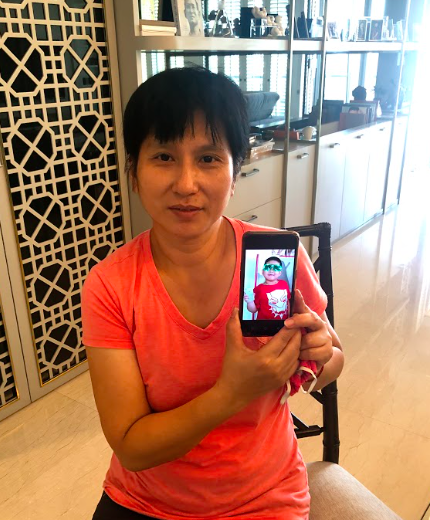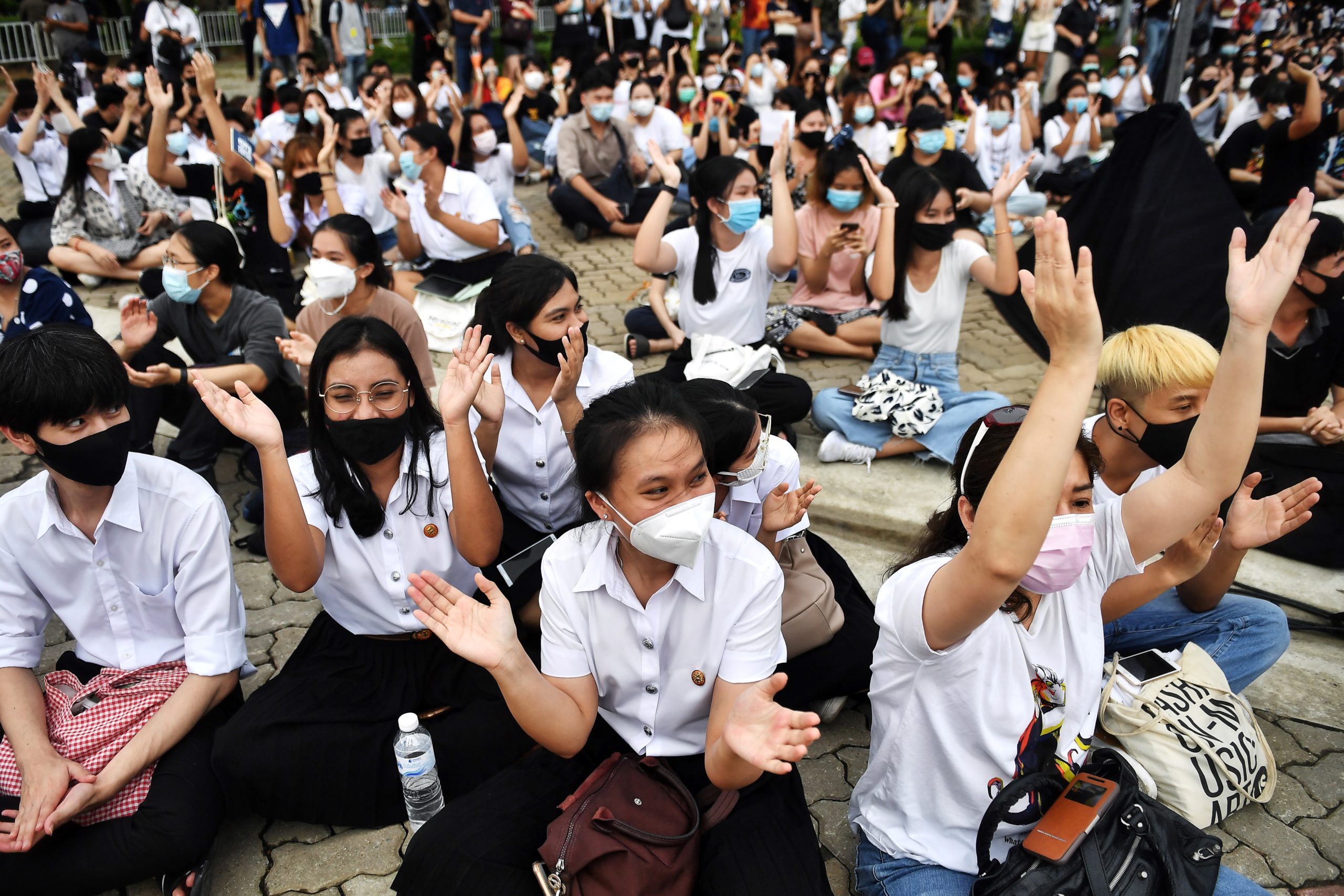Thailand’s stark economic inequality has featured in global headlines in recent years, and become the subject of fierce political debate.
While the country’s many billionaires enjoy the perks of high society – with Thailand’s richest 50 wielding a combined fortune of $160.5 billion in 2019 – the total number of people living in poverty grew to 6.7 million by 2018, some 9.8% of Thailand’s population, up from 7.2% three years earlier. With the pandemic tearing through the kingdom’s economy, this number will likely increase.
Thailand is in the midst of its most significant public discourse for generations on the role of inequality, hierarchy and impunity afforded to the rich, powerful and famous. As students pour into the streets of Bangkok challenging entrenched structures, there are adjacent demands for accountability over Red Bull scion Vorayuth Yoovidah – merely the latest Thai heir to a massive fortune to evade justice for deadly driving.
While students protestors target top-down political structures, one 16-year-old high-school student is going after the kingdom’s lopsided media representation, attempting to expose many upper-class young Thais attending elite and international schools to the reality of Thailand’s disparities.
In February, Tayida Chaiyakiturajai launched Tales of Thailand to promote discussion about social justice issues in Thailand. An online platform documenting the everyday trials and tribulations for average Thais – struggles of abuse, addiction and deprivation – the platform looks to shine light where there once was none.

Such stories include that of Lai, a factory worker who was unable to fulfill her dream of becoming a teacher as she had to drop out of school at 14, but is today paying for her daughter’s university tuition. There is also the story of Jim, a woman whose husband physically and emotionally abused her and their child, only to have police tell her it was “an internal family issue”.
Tayida hoped that the site would expose the realities of poverty in Thailand, acting as a counter-balance to Thai media’s veneration of the rich and powerful.
“Through listening to stories and interviewing people you don’t normally hear from, I think that’s how you’re able to develop as a person,” Tayida explained to the Globe.
She added that reinforcing a prevailing ignorance among many young Thais of the country’s poverty is a lack of media representation of marginalised groups. Tayida continued that Tales of Thailand conducted a survey on Instagram asking respondents who they were most interested in hearing stories about, and the majority of votes went to CEOs and entrepreneurs.
“It’s really important to hear stories from other people, that’s the only way you’ll learn enough about life, because you’re never gonna be able to fill everyone’s shoes.”
Tayida began to reach out to her friends and other teenage writers for her project to grow its reach. 16-year old Kamolporn “Proud” Puangmaha, who attends Anglo International Singapore School, was among them.
Proud’s interviewees have included a security guard at her condo, chefs from her sports club, and a fitness instructor who came from a farming family. The instructor earned enough money to attend school by collecting bus tickets during school breaks, totalling 50 baht ($1.60) a day.

“[From this project] I’ve understood [Thai people] find happiness in things that, often, we may miss – things like having a family that they go to everyday when they’re tired,” Proud said. “A lot of people talk about the fact that they have loving kids, a beautiful husband, they have such happy parents who are willing to support them even though they don’t give them the most money.”
Proud said these realisations had prompted her to assess her generation’s own pursuit of happiness.
“I think this, family, is something that we as teenagers and individuals need to care more about, because I don’t think that people care about families as much as money.”
Growing up attending international schools, Tayida and Proud learned about their country’s issues with poverty and inequality through a community service programme. However, not much was gleaned from their schools’ curriculums. Despite brief mentions of poverty abroad in China and India, Proud’s school did not delve into Thailand’s inequality.
Still, Tayida saw an upward trajectory of high-school students passionate about injustice – not least recent revolts against decades-old military-inspired haircut restrictions – and wanted to capitalise on this.
Earlier this year, she started by talking with people who worked in the hair and nail salons that she went to and soon she developed the confidence to branch out to people in shopping malls and other public spaces, asking people if they had 20 minutes to talk about their lives.
“The more I interview, the more I understand about the daily challenges and concerns Thai people face, the more I feel there’s a severe income inequality in Thailand.”
Tayida isn’t alone; with around 10,000 people attending Bangkok protests on August 16 – the largest gathering since Prayut Chan-o-cha seized power in 2014 – it seems this more enlightened and emboldened discourse among Thai youth has only just begun.


